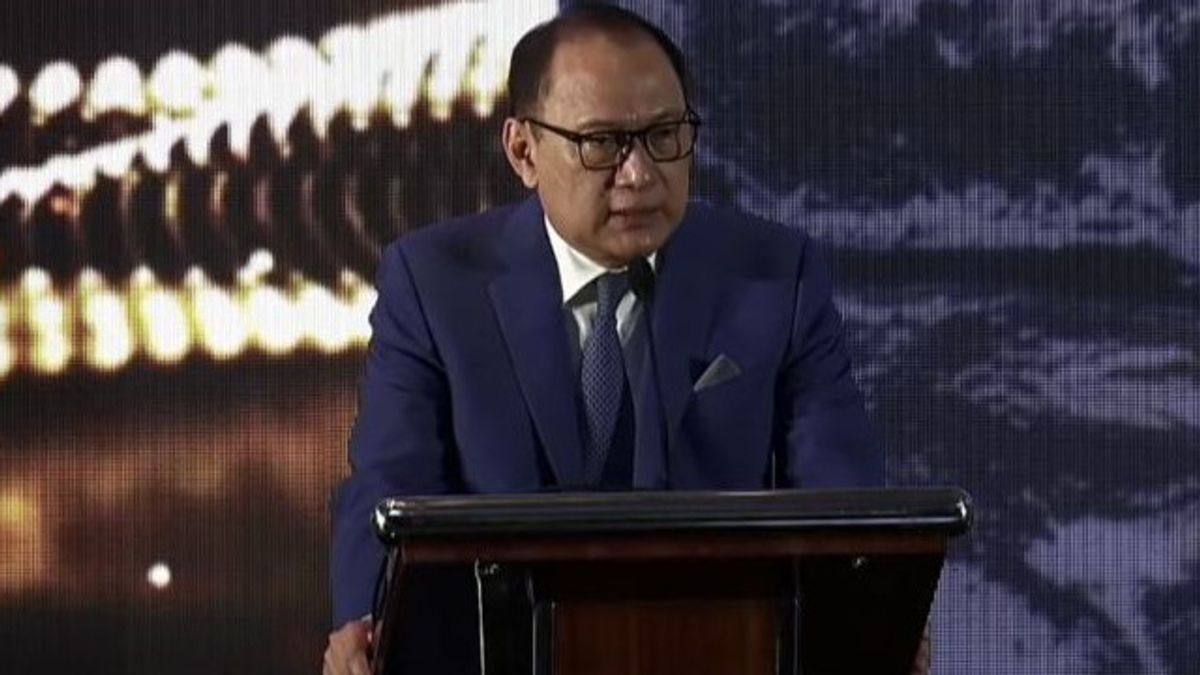JAKARTA - Former Minister of Finance and Governor of Bank Indonesia Agus Martowardojo stated that a leader or supervisor of an institution must be able to maintain the trust of stakeholders to get out of a crisis.
"During a crisis that we have to protect, we have to be trustworthy people and stakeholders believe in us," he said at the Infobank event entitled Top 100 CEOs &s and The Next Leader Forum 2022 in Jakarta, quoted from Antara, Thursday, November 24.
Agus admitted that he had implemented this when he served as President Director of Bank Bumiputera for the period 1995-1998 when Indonesia was hit by a monetary crisis.
He said that when he was the President Director of Bank Bumiputera, it turned out that the bank was not in good condition, and was even experiencing a crisis. At that time, Bank Bumiputera always posted losses every month and even the capital was negative.
The parent company must also provide guarantees to the central bank in the form of buildings owned to ensure that the Bumiputera Bank can still be saved.
The condition of Bank Bumiputera got worse when Indonesia was hit by a monetary crisis, so Agus and Robby Djohan, who at that time were the main commissioners, tried to manage and save it. "Otherwise, the building will become a guarantee for the central bank," said Agus.
In this case, Agus emphasized that mutual trust is the key to success when saving Bank Bumiputera, because the central bank has put its trust in the company and the company believes it will get out of the crisis.
"Maintaining this trust must be established between all stakeholders, whether customers, shareholders, regulators or supervisors, the general public, including the media. So, of course, I will always really ask us to pay attention to this issue," he said.
Agus continued that at that time he was not only trying to save the company, but at the same time preparing employees to face potential crises in the future.
"We, the leaders, let's prepare the ranks below us to become leaders, because we know that when we are in crisis we need leaders who don't learn anymore," he said.
Intelligent, intelligent, educated, and well-behaved employees do not guarantee they will become good leaders.
Employees must be taught about the sensitivity, relationships, vision and inventing to get a good strategy, so that the basis for those who are already good will be stronger in dealing with the crisis.
"Leaders need formal and systematic education, but there also needs to be counseling, coaching and mentoring," he added.
The English, Chinese, Japanese, Arabic, and French versions are automatically generated by the AI. So there may still be inaccuracies in translating, please always see Indonesian as our main language. (system supported by DigitalSiber.id)













